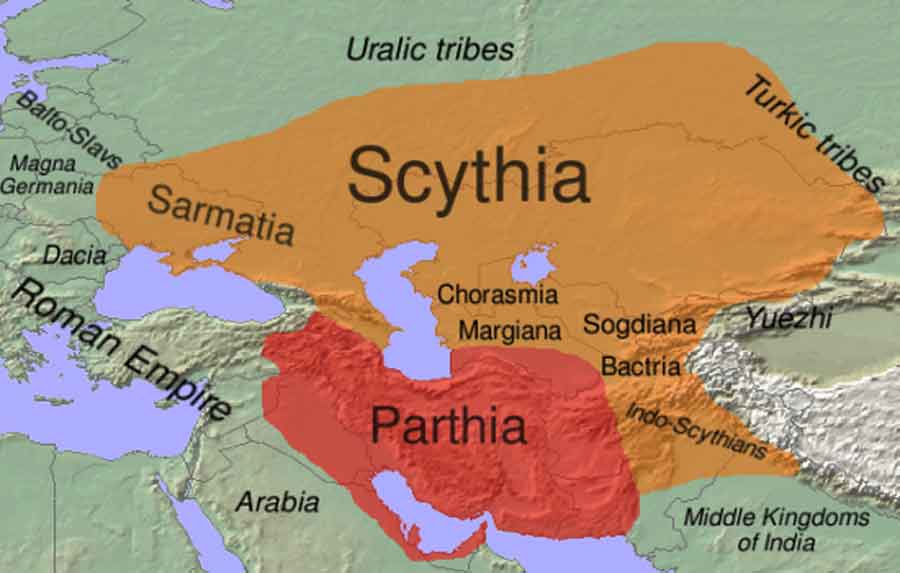I don't know if you've just misunderstood my post or you're intentionally twisting it, but either way you're misrepresenting what I said
what I said was that the myths about Shiva and cannabis are very recent in the Indian scheme of things, ie most originated only in the last couple of hundreds of years or so
Westerners tend to fixate on Hinduism, when Islamic cannabis culture has played a much bigger role in Indian cannabis than most outsiders realise
about Phylos:
cannabis was domesticated in many different places at many different times
the diversity of cannabis is fundamentally a result of selection by humans
just those two facts alone should be enough to see that Phylos is up against major obstacles, never mind whether - for related reasons - this genetic approach is even applicable to a plant like cannabis
side note:
I notice you threw the well-intentioned comment another poster made about your mental health back in their face. Fwiw, I'd second what they said - there's a pattern of behaviour in your posts that strongly suggests your mental health isn't good and that you should not be using cannabis. Do yourself a favour, give that some thought
G `day Ngakpa
You can go take a long walk off a short pier . Taking your mental health diagnosis with you .
Disagree with you ? Oh get off the herb mate . Your psychotic . lol .Or you`re a wrongun .
Dr Ngakpa ;
Just the other day you told Water he should get off the herb . Previously you told Roms he had mental health issues .Now you `re tellin me the same .
At this rate there will be no smokers left to buy seeds !
Since we are giving out free advice .
Stick to strain hunting . There`s no money in being an internet forum psychologist .

Gold Artifacts Tell Tale of Drug-Fueled Rituals and "Bastard Wars"

Thanks for sharin
EB .


 .
.

